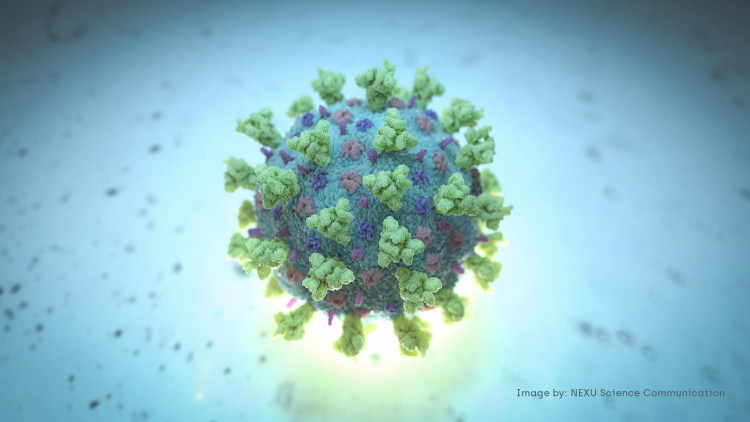The U.S. Centers for Disease Control and Prevention made it clear on Friday that its latest quarantine guideline does not suggest that people who contract COVID-19 will not get reinfected three months later, rebutting reports that claim the CDC advice implies otherwise.
The CDC has previously admitted that those who have recovered from the virus can test positive again for the pathogen for up to three months, although these positive results do not suggest that a person is still unwell.
What happens is that the test may be detecting portions of the disease's genetic composition. White House Health Undersecretary Dr. Brett Giroir has advised people against subjecting themselves for another test following their recovery.
The CDC's new guideline is in consonance with the concept that it's unlikely people can get the virus within three months, Dr. Joshua Barocas, Boston University School of Medicine assistant professor of medicine, told NBC News on Friday. Barocas said that 'unlikely' does not mean it's impossible to get the virus again.
Barocas pointed out that people need to put themselves in isolation unless the case of reinfection is convincingly clear. He cautioned that CDC's latest update should not be taken to mean an indication that we have or could soon attain "herd immunity."
CDC disclosed that based on the latest studies, the volume of viruses that can sicken other people falls substantially after symptoms start to show. After 10 days, the study found out that most people are no longer contagious after their symptoms manifest. For those with serious sickness, the level of infection drops after 20 days, the agency divulged.
To simplify – and to answer the question on how long should people stay in isolation – the CDC said that if you have tested positive for the virus, you can safely end quarantine and return to normal life (work, school, etc) if the following conditions are met:
- Ten days have elapsed since symptoms started showing
- No fever for at least 24 hours
- Other symptoms of the disease are improving
The new CDC guideline adds that If you have had no symptoms at all, you can mingle with other people 10 days after being diagnosed with getting the disease.
Meanwhile, the CDC advises to continue practicing social distancing, proper washing of hands, and wearing of face coverings -- if even if the risk of getting back the virus is low for 90 days.






